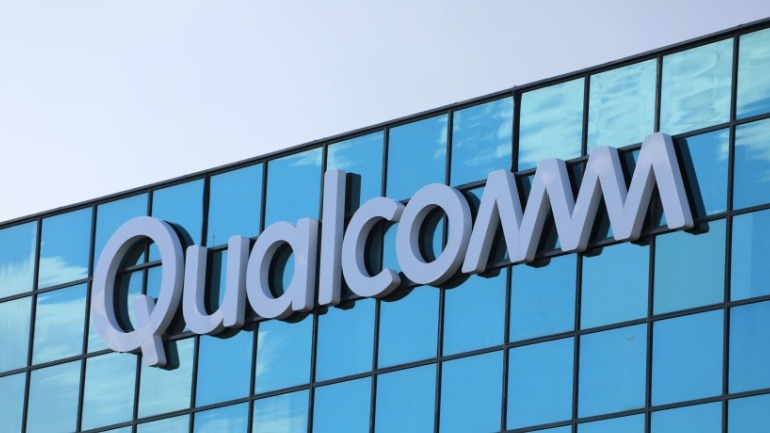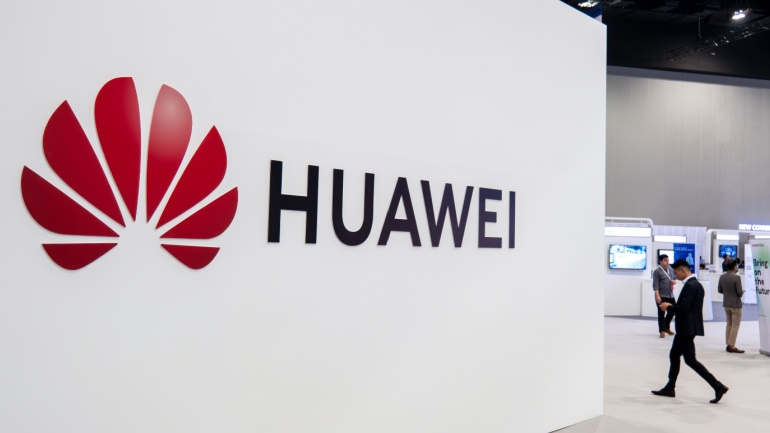Qualcomm is diversifying beyond mobile handsets, targeting $22 billion annual revenue from automotive and IoT by FY29.
BT’s financial report for the first half of 2024 reveals a 3% revenue decline due to the competitive retail market, while profits fell by 10% owing to heightened costs. On a positive note, BT’s fibre network now covers over 16 million UK households, bolstered by the rapid fibre deployment by Openreach.
Marvell Technology is experiencing substantial growth in its data center AI segment, despite an overall revenue dip for the second quarter of fiscal 2025. The company reported net revenue of $1.273 billion and a significant reduction in net loss compared to the previous year. Driven by strong AI demand, Marvell’s data center business saw record revenue, setting the stage for robust growth opportunities.
Dell Technologies has seen a significant surge in demand for AI-optimized servers, marking an 80% year-over-year rise to $3.1 billion in Q2. The broader trend of enterprises investing in AI capabilities is evident, with Dell experiencing substantial growth in AI server orders.
Nvidia’s datacentre revenue soared 154% in Q2 2025, hitting $26.3 billion and driving a total quarterly revenue of $30 billion. CEO Jensen Huang credited the surge to the global shift towards accelerated computing, noting the significant role of Nvidia’s Hopper GPU in enabling advanced AI and large language models.
Huawei saw its revenue soar 34.3% to CNY417.5 billion ($58.8 billion) in the first half of the year, boosting net profit by 17.8% to CNY54.9 billion. Despite a slight dip in profit margins, Huawei aims to enhance business resilience and optimize its portfolio. Their innovative 5.5G network promises to revolutionize VoIP technology.
Cisco’s Q4 and fiscal year 2024 results reflect a mixed performance with essential strategic shifts. The company generated $13.6 billion in quarterly revenue and $53.8 billion for the fiscal year. Cisco’s focus on AI, cloud, and cybersecurity, underpinned by key milestones like $1 billion in AI sales, underscores its future growth vision.
Filtronic, a UK-based manufacturer of RF, microwave, and mmWave components, projects substantial growth in both revenue and earnings for its recently concluded financial year, driven by its involvement in the low-Earth orbit (LEO) satellite market and sales to Elon Musk’s SpaceX. The company forecasts an EBITDA of £4.8 million for the year ending May, marking a notable increase from the £1.3 million recorded in fiscal 2023.
Global revenue from AI semiconductors is projected to reach $71 billion in 2024, marking a 33% increase from the previous year, according to a recent Gartner report. Gartner also anticipates that AI-equipped PCs will constitute 22% of total PC shipments in 2024. By the end of 2026, all enterprise PC purchases are expected to feature AI capabilities.
A recent survey among telecom and IT engineers at communications service providers (CSPs) indicates a positive outlook on the role of artificial intelligence (AI) in enhancing network performance and driving revenue. Conducted by Ciena and Censuswide, the survey involved over 1,500 telecom professionals from 17 countries.













